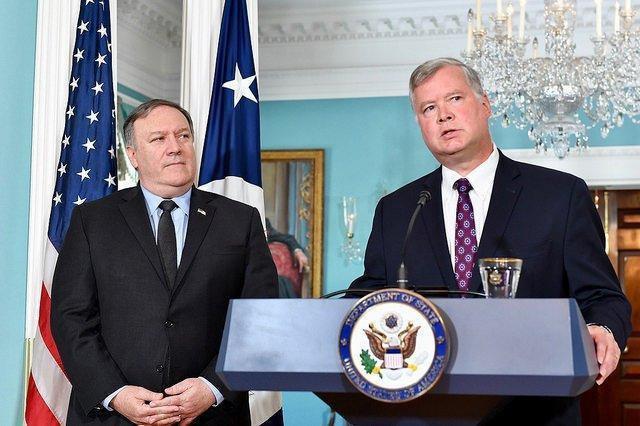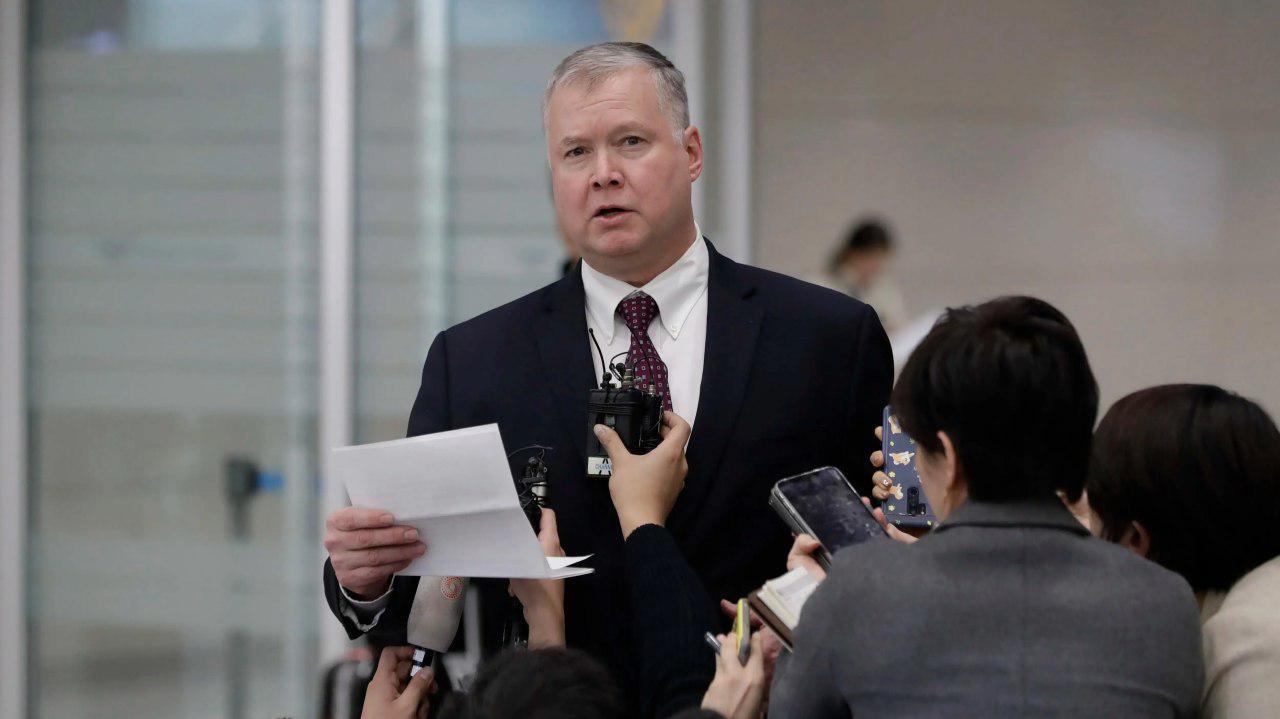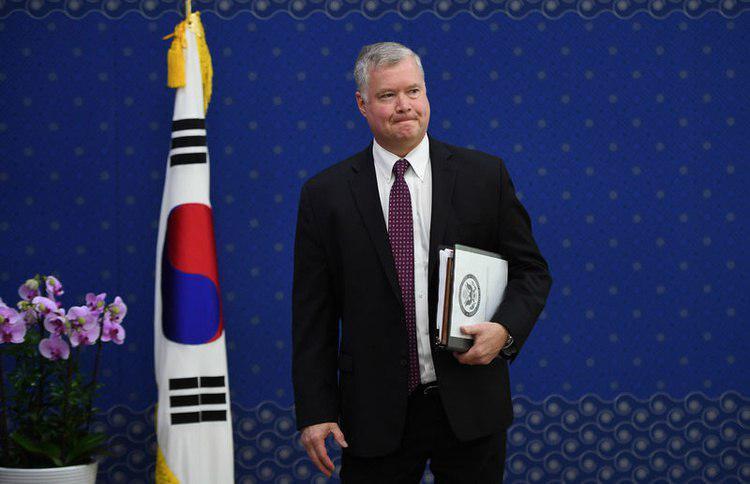SEOUL, Dec. 20 (Xinhua) -- A senior U.S. envoy on the Democratic People's Republic of Korea (DPRK) policy visited the Joint Security Area (JSA) inside the Demilitarized Zone (DMZ) Thursday during his four-day trip to South Korea, Yonhap news agency reported citing diplomatic sources.
Stephen Biegun, U.S. special representative for DPRK policy, arrived in Seoul on Wednesday afternoon, and toured the JSA, where soldiers from the two Koreas stand face-to-face, in the DMZ that has left the Korean Peninsula divided since the 1950-53 Korean War ended with armistice.
During the day-long tour, Biegun reportedly had no plan to meet with DPRK officials.
Tensions eased near the JSA as the two Koreas recently disarmed the area under the inter-Korean military agreement, which was signed by defense chiefs of the two Koreas during the Pyongyang summit in September between South Korean President Moon Jae-in and top DPRK leader Kim Jong Un.
Biegun visited Pyongyang in October together with U.S. Secretary of State Mike Pompeo, but he has yet to hold a one-on-one meeting with his DPRK counterpart since he took office in late August.
Later in the day, the U.S. special envoy would reportedly hold a dinner meeting with his South Korean counterpart, Lee Do-hoon.
On Friday, Biegun and Lee will hold a working-group meeting at the South Korean foreign ministry's headquarters in Seoul to discuss overall issues on the DPRK, the denuclearized Korean Peninsula and inter-Korean relations.
The working group was launched on Nov. 20 between the two allies to regularly communicate on DPRK issues.
On the dialogue agenda would be the groundbreaking ceremony, which the two Koreas agreed to hold at Panmun Station in the DPRK's border town of Kaesong on Dec. 26 to modernize and connect railways and roads across the inter-Korean border.
Also on the agenda for the working-group meeting could be humanitarian assistance to the DPRK.
On arriving at a South Korean airport Wednesday afternoon, Biegun read out a prepared statement that his country was reviewing its policy on humanitarian aid by civic and religious groups to the DPRK.
"I will be sitting down with American aid groups early in the New Year to discuss how we can better ensure the delivery of appropriate assistance, particularly through the course of the coming winter," Biegun was quoted as saying.







